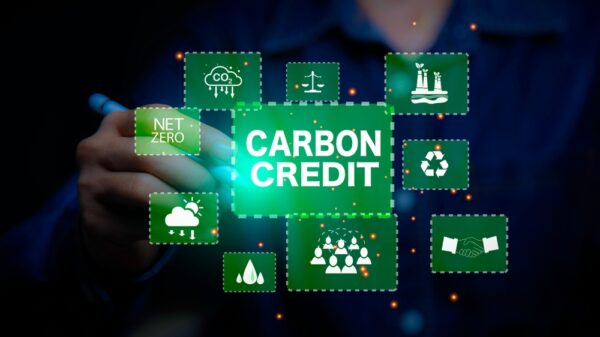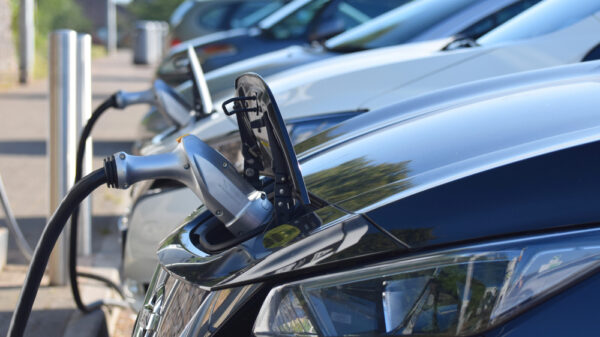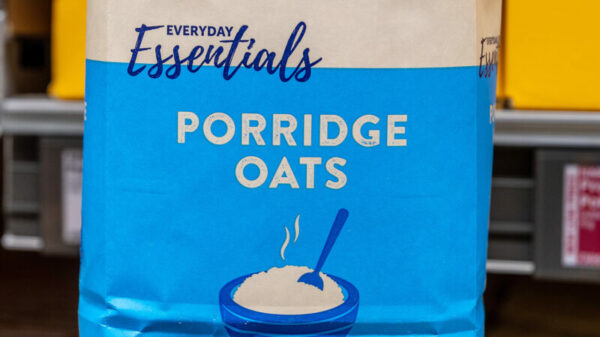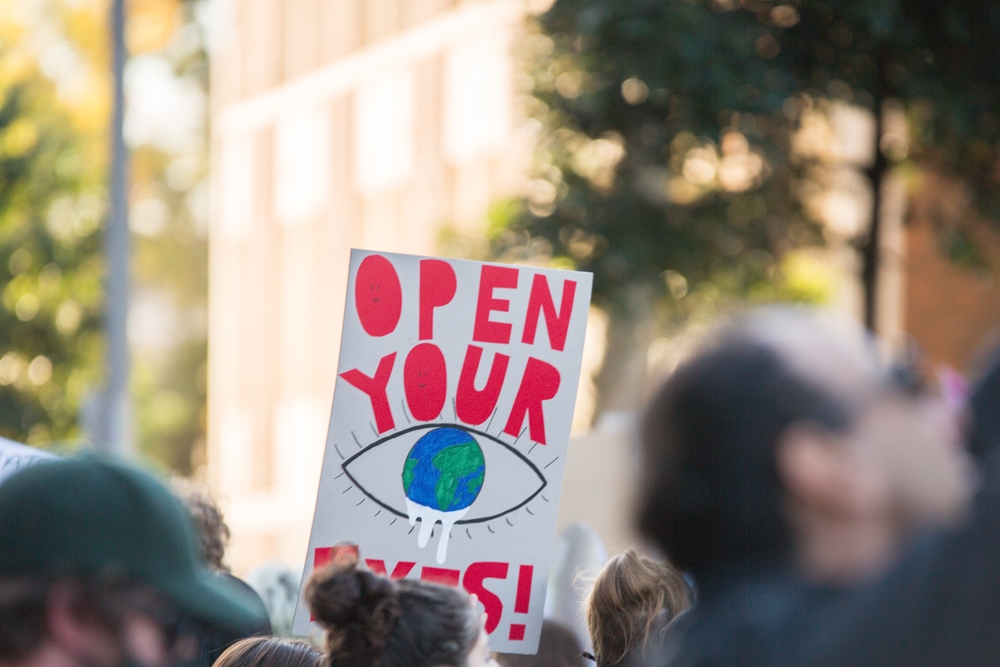The beverage industry is currently on course to miss both 2030 and 2050 greenhouse gas emission reduction targets and will need to improve its current reduction rate 11-fold, according to new report by Kearney.
The report found that in 2021, the industry emitted 1.5 billion tons of CO2e, totaling to 3.8% of all global CO2e emissions meanwhile the dairy industry alone accounted for 45% of total beverage industry emissions (0.7 billion tons of CO2e). Together, dairy products, soft drinks, beers, and ciders made up more than 80% of all emissions.
While industry is doing better, as emissions per litter have declined over the past few years, the 6% decline in kg CO2e per litre from 2018 to 2021 is still short of target goals.
Subscribe to Sustainability Beat for free
Sign up here to get the latest sustainability news sent straight to your inbox every day
Kearney European food & beverage sector lead Adrian Kirste said it’s “reassuring to see that net zero goals remains well within the industry’s reach” despite need for action.
“The complexity of achieving net zero for the beverage sector will require us to change practices along the whole value chain, from product development to portfolio management, to packaging design and beyond,” he added. “But the businesses that can lead the pack will gain approval from consumers and shareholders alike.”
How can the beverage industry meet green targets?
Kearney report that measures could allow the industry to reach net zero by between 2039 and 2045.
Their recommendations include supporting its supply chain in implementing decarbonising technologies, energy-efficient processes and waste reduction strategies.
As raw materials contribute to 35% of the industry’s GHG emissions, the report suggests enhancing crop traits, altering cultivation practices, and promoting soil health.
Packaging practices is another factor that contributes greatly adding up to 23% of the beverage industry’s total emissions.
the report recommends delivering products as powder, concentrated cubes, or syrup to stores and consumers, and shifting to reusable packages such as aluminium bottles.










